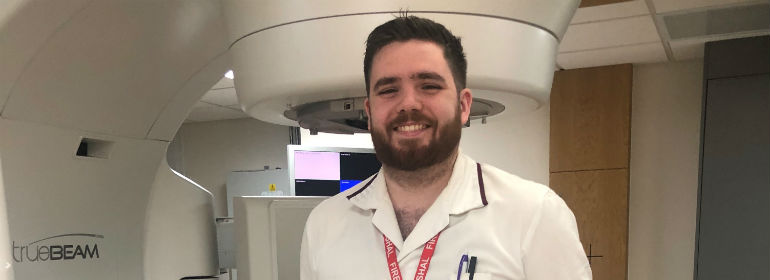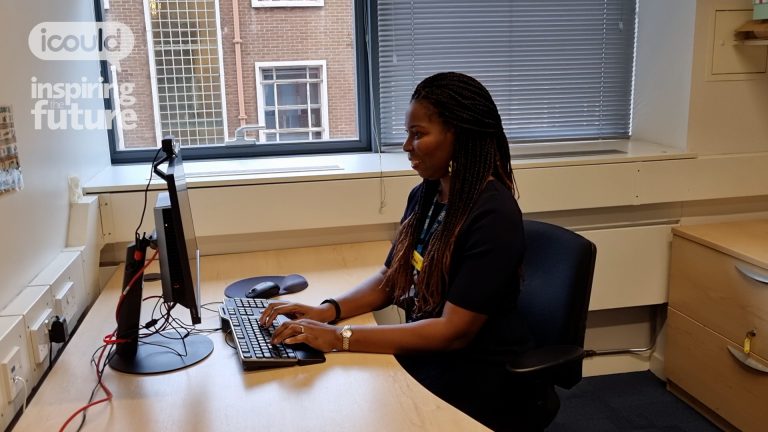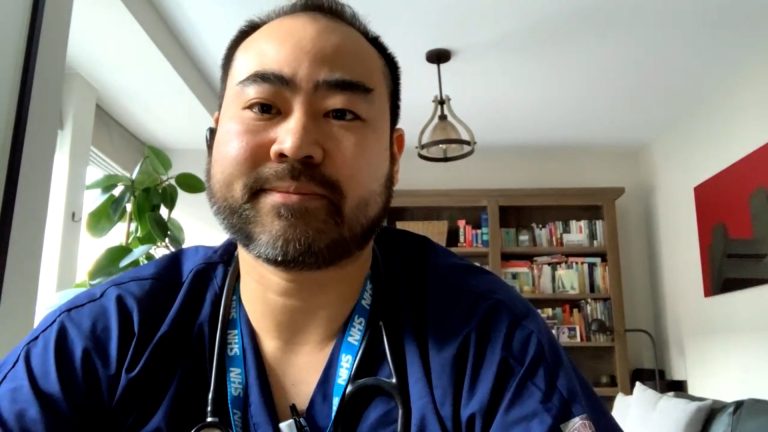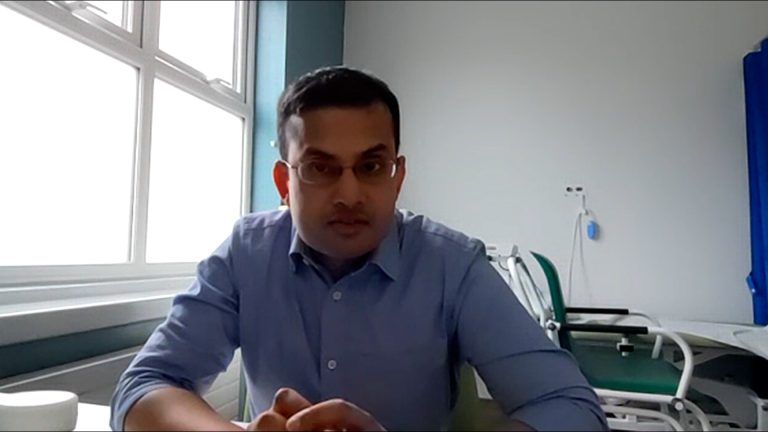
Radiography. Sounds familiar but what exactly is it? And what career opportunities does it offer? Radiographer Nick Bretherton gives the inside guide to what a radiographer does, how to train as a radiographer, and how to find a job.
What is radiography?
Radiotherapy is the use of high energy x-rays to treat medical conditions, including certain cancers. People who are trained in radiotherapy are called therapeutic radiographers. They usually work in hospitals and see a wide variety of patients.
What does a radiographer do?
Radiographers operate machines to deliver most treatments. We also scan patients on specialised scanners and create treatment plans. Another big part of our role is patient care. We need to be able to identify if patients are suffering from any side effects and how we can help care for them.
Being a radiographer is a really rewarding career. You can form a very close bond with patients as treatment courses can last for up to seven and a half weeks. Each treatment session is usually around 15 minutes.
Recovery from illness and treatment side effects usually happens weeks after treatment has finished, so you don’t see patients get better. It can also be difficult seeing very ill patients on a daily basis.
What personal qualities are helpful in radiography?
Radiography suits passionate, caring individuals. But also attention to detail, good interpersonal skills and a strong work ethic will go a long way.
How can I find out if radiotherapy could be for me?
Arrange a visit day at a hospital. All universities will expect you to have had a visit day by the time you start the course so it’s best to visit as soon as you can.
Getting into radiography
The most common route is to take a radiotherapy degree. As part of your course, you spend a large amount of time working in a hospital department and learning on the job.
You can find applications to degrees via UCAS.
Radiography apprenticeships are due to start in a couple of years and will combine earning and learning.
Getting a place on a radiography degree course
Write a really good personal statement, showing your motivation behind wanting to become a radiographer. And, as mentioned before, a visit day really helps.
If you’re invited for a selection day, you may have to complete a basic maths and literacy test, or write about why you want to do radiography. Afterwards, you might have an interview. You could be asked how you might handle certain situations and general information about yourself.
Radiography career progression
Once you qualify as a radiographer, there are lots of ways to further your career. You can go on to become a senior radiographer, and then become a team leader. Beyond this, you can become an advanced practitioner, where you specialise in a certain aspect of radiotherapy. Or you could become a superintendent and be in charge of treatment or pre-treatment areas. Some radiographers move into related areas such as lecturing, research roles, or patient reviews. Further progression is usually into management or a consultant radiographer role.
Where to find radiography jobs
Once you qualify pretty much every job will be available on NHS jobs. Private centres advertise on other websites, but you usually need at least two years’ experience first. You can also find job adverts in RAD magazine or on the Society of Radiographers website.
Radiographer job interviews
Most questions are based on your clinical skills and how you would cope in difficult scenarios. Questions about problem solving with patients usually come up too. And if you’re applying for your first job, expect to be asked about your dissertation.
What are the future prospects for a career in radiography?
There is always more money being put into radiotherapy, and there are lots of different developments happening. Research is a big part of cancer treatment. Currently, there is a national shortage of radiographers so there should be lots more opportunities in the next few years.
Nick currently works at Colchester General Hospital as a team leader in therapeutic radiography. He always enjoyed physics and PE, and used features from these to help with his study of radiotherapy. Nick went straight from A-levels to studying radiotherapy, so it has been a lifelong career so far! His favourite part of the job is interacting with patients and their families.
Find out more
Healthcare careers, radiotherapy
Cancer research UK radiotherapy info
Watch icould video stories on working in radiotherapy:





